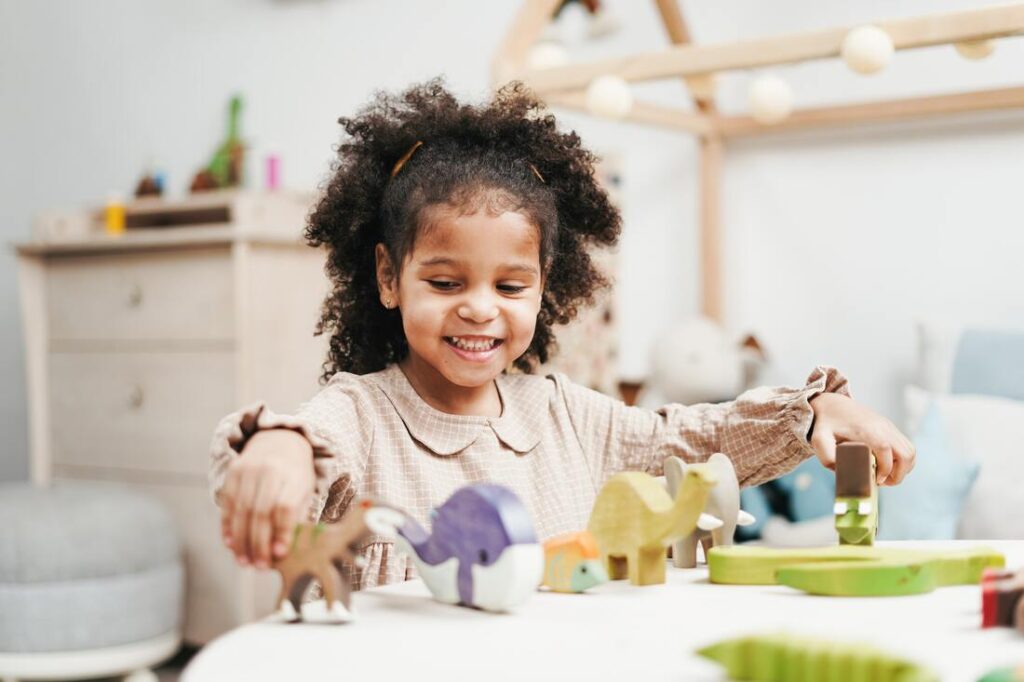The journey of childhood, often painted with hues of innocence and wonder, can sometimes be punctuated by shadows of grief and loss. Whether it’s the passing of a loved one, the loss of a pet, or even the disintegration of friendships, children are not immune to the profound emotions that accompany such experiences. Located in the heart of Mississauga, our therapy clinic understands the intricacies of these delicate situations and is dedicated to guiding young souls through their grief.
Why is Therapy Important for Grieving Children?
Expression Over Suppression:
Children might not always have the words to convey their feelings, but that doesn’t mean they aren’t feeling them. Therapy provides a safe space where they can express these emotions, whether through words, art, or play. Encouraging expression helps prevent the bottling up of emotions, which can be detrimental in the long run.
Understanding and Validation:
A therapist, trained in child psychology, can offer explanations tailored to a child’s level of understanding. They can validate the child’s feelings, helping them realize that it’s okay to feel sad, angry, or even confused.
Coping Strategies:
Every child is unique, and so is their process of grieving. A therapist can introduce coping mechanisms that are tailored to the child’s personality and situation, ensuring they have the tools to navigate their emotions healthily.
The Power of Play in Therapy
For children, play is a natural way of communication. In a therapeutic setting, play becomes a powerful tool to unearth feelings, memories, and fears. Guided by a therapist, play therapy can help a child:
- Re-enact events, providing clarity and understanding.
- Identify and name their emotions.
- Develop resilience and find closure.
- Navigating Grief as a Community
Mississauga, with its rich tapestry of communities, cultures, and families, often comes together in times of grief. As caregivers, teachers, or friends, it’s essential to recognize signs of grief in children. These might manifest as changes in behavior, withdrawal, or even academic struggles. By fostering a community that understands and supports, we can ensure that no child navigates their grief alone.
Conclusion
Loss is an inevitable part of life, but with the right guidance, it doesn’t have to be a crippling one. Therapy, especially when centered around the child’s unique needs and experiences, can be a beacon of hope during challenging times. At our Mississauga clinic, we’re committed to ensuring that every child’s emotional well-being is nurtured, helping them find their way back to joy and normalcy.

